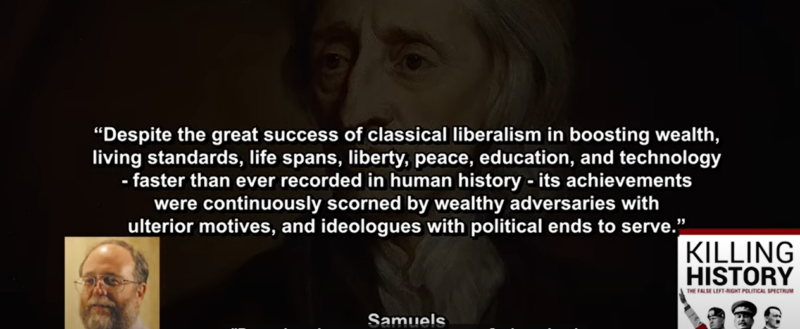Prior to the Industrial Revolution, people worked on farms from dawn to dusk. They received low pay for backbreaking labour. The average life expectancy of a British person was 35. In London between the years 1730 and 1749, 74.5% of children died before they reached the age of 5. That’s three-quarters of all children. Imagine a world where that happened. Because that world was the reality for the vast majority of human history.
Centuries before the miracles of modern medicine, England was awash in parentless, sick and dying children. Farmers in places like France and Russia hibernated for 6 months of the year due to a lack of food. I don’t have evidence of that happening in England, but I do have evidence that one in ten families in England were below the “breadline” during the time King George was King of England. And people did starve to death in Britain during the pre-industrial and early industrial era.
But in the late 1700s, people did start to move out of the farms to the cities as a result of industrialization. That isn’t to say there wasn’t poverty in the cities-of course there was. But the industrial jobs were not as long houred as the agricultural jobs, and they were better paid as well. If they weren’t why would people move from the idyllic farms to the squalid cities? It doesn’t make sense for them to choose the worst option. The reason they chose the terrible city jobs were because the farm jobs were even worse. You were basically impoverished by working on the farms, while you had a better chance of survival working in the factories. As a result, poverty decreased. From a child mortality rate of 74.5% during the 1740’s and 1750’s, it was down to 31.8% in the 1810 to 1829 period- a staggering decrease in child deaths for the first time in human history.

And just to note, Charles Dickens was writing during this era. Oliver Twist was published in the late 1830s. So at a time when industrialization had barely gotten going, and as urbanization was happening, Dickens was seeing all this poverty and writing about it. And that’s fair enough – 31.8% of all children are still dying as late as 1829. But what is not said is that this was a vast improvement over what had been happening earlier. In the mid 1700s, it was 74.5%. So industrialization was making life better, not worse. But Charles Dickens like so many other early anti-poverty activists doesn’t know this. So he and others conclude that the poverty they see around them is caused by industrialization and the so-called free market, when in reality poverty was decreasing because of industrialization and the free market. I know he’s a fictional character, but Oliver Twist would have died had he been born in the 1700s. whereas he had a much better chance of survival because he was born in the 1800s.
Source of Historical Background For This Video:
Killing History: The False Left-Right Political Spectrum and the …
Killing History: The False Left-Right Political Spectrum and the Battle between the ‘Free Left’ and the ‘Statist Left’. Paperback – June 13, 2019. by Mr. L.K. Samuels (Author) 4.3 40 ratings.
LibertyAndProsperity.com is a tax-exempt, non-political education organization of roughly 200 citizens who mostly live near Atlantic City, New Jersey. We formed this group in 2003. We volunteer our time and money to maintain this website. We do our best to post accurate information. However, we admit we make mistakes from time to time. If you see any mistakes or inaccurate, misleading, outdated, or incomplete information in this or any of our posts, please let us know. We will do our best to correct the problem as soon as possible. Please email us at info@libertyandprosperity.com or telephone (609) 927-7333.
If you agree with this post, please share it now on Facebook or Twitter by clicking the “share” icons above and below each post. Please copy and paste a short paragraph as a “teaser” when you re-post.
Also, because Facebook and Twitter falsely claim our posts violate their “community standards”, they greatly restrict, “throttle back” or “shadow ban” our posts. Please help us overcome that by sharing our posts wherever you can, as often as you can. Please copy and paste the URL link above or from the Twitter share button to the “comments” section of your favorite sites like Patch.com or PressofAtlanticCity.com. Please also email it to your friends. Open and use an alternate social media site like Gab.com.
Finally, please subscribe to our weekly email updates. Enter your email address, name, city and state in the spaces near the top of our home page at Homepage – Liberty and Prosperity. Then click the red “subscribe” button. Or email me at sethgrossman@libertyandprosperity.com or address below. Thanks.
Seth Grossman, Executive Director
LibertyAndProsperity.com
info@libertyandprosperity.com
(609) 927-7333

